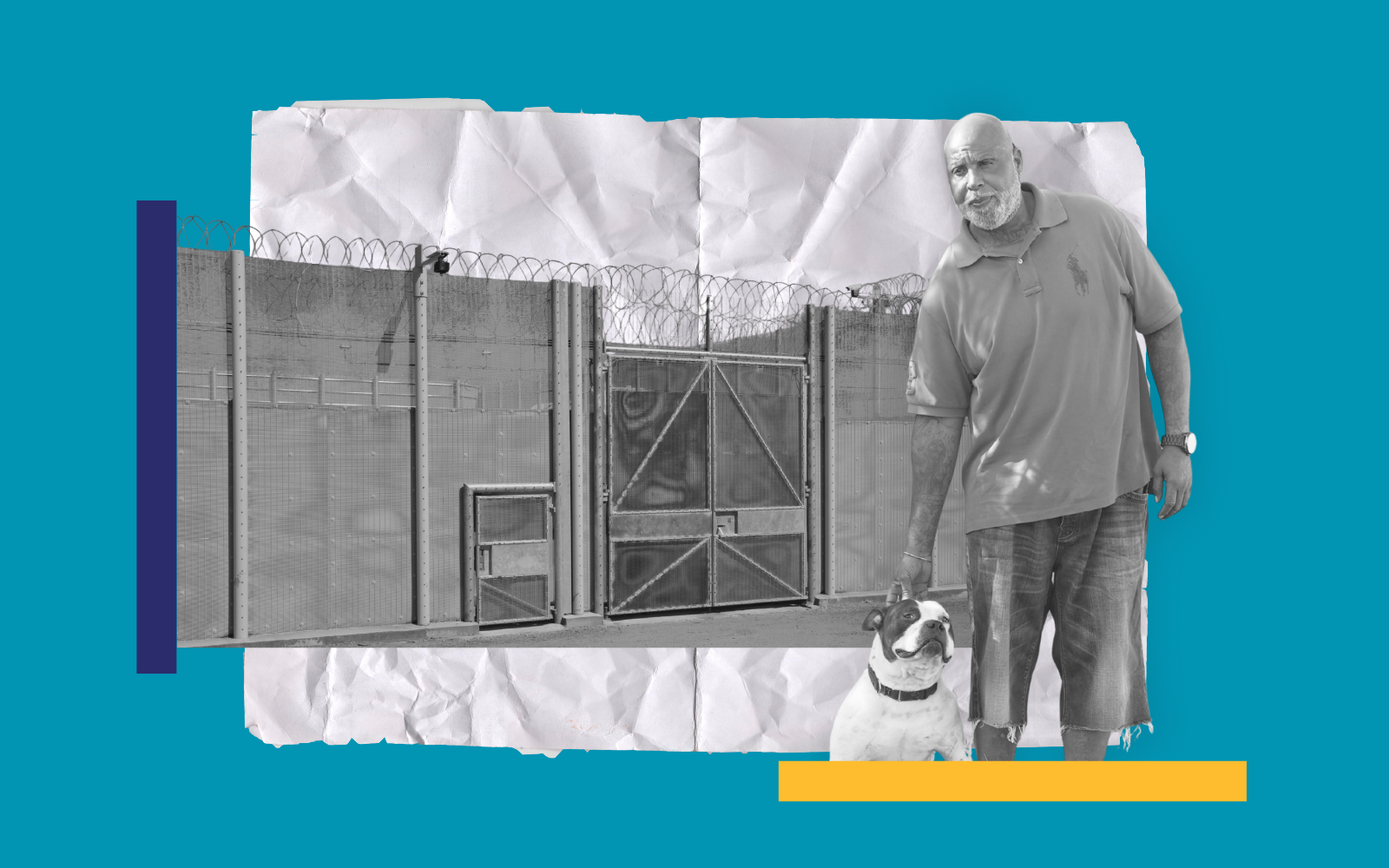
"We reject the outdated view that criminal justice is a zero-sum game that pits safety versus justice against one another. Moreover, history - and countless studies, data, and lived experiences - tells us reactive policymaking driven by politics and fear in response to a specific incident, no matter how awful, leads to poor legislation that serves neither justice nor safety."
"Communities are safest when people have access to timely mental health care, affordable housing, educational opportunities, and good jobs. For too long, however, public safety policy has been driven by fear, racism, and misinformation instead of evidence. The result is an overly punitive system that fails to protect all communities fairly. Increasing the number of people held in jails and prisons, speeding up state-sponsored executions, and pushing death-by-firing-squad as a means for carrying out those executions is not a recipe for public safety."
Criminal justice should not be treated as a zero-sum game that pits safety against justice. Reactive policymaking driven by politics and fear after specific incidents produces poor legislation that fails both safety and justice. Increasing jail, prison, and execution rates, including accelerated state executions or death-by-firing-squad, does not improve public safety. Communities are safest when people have access to timely mental health care, affordable housing, education, and good jobs. Investment in mental health treatment, restorative practices, reentry support, housing stability, and youth opportunities prevents harm and advances both safety and justice. Policymakers face a choice between expanding punitive systems or funding evidence-based community solutions.
Read at SCSJ
Unable to calculate read time
Collection
[
|
...
]